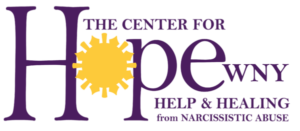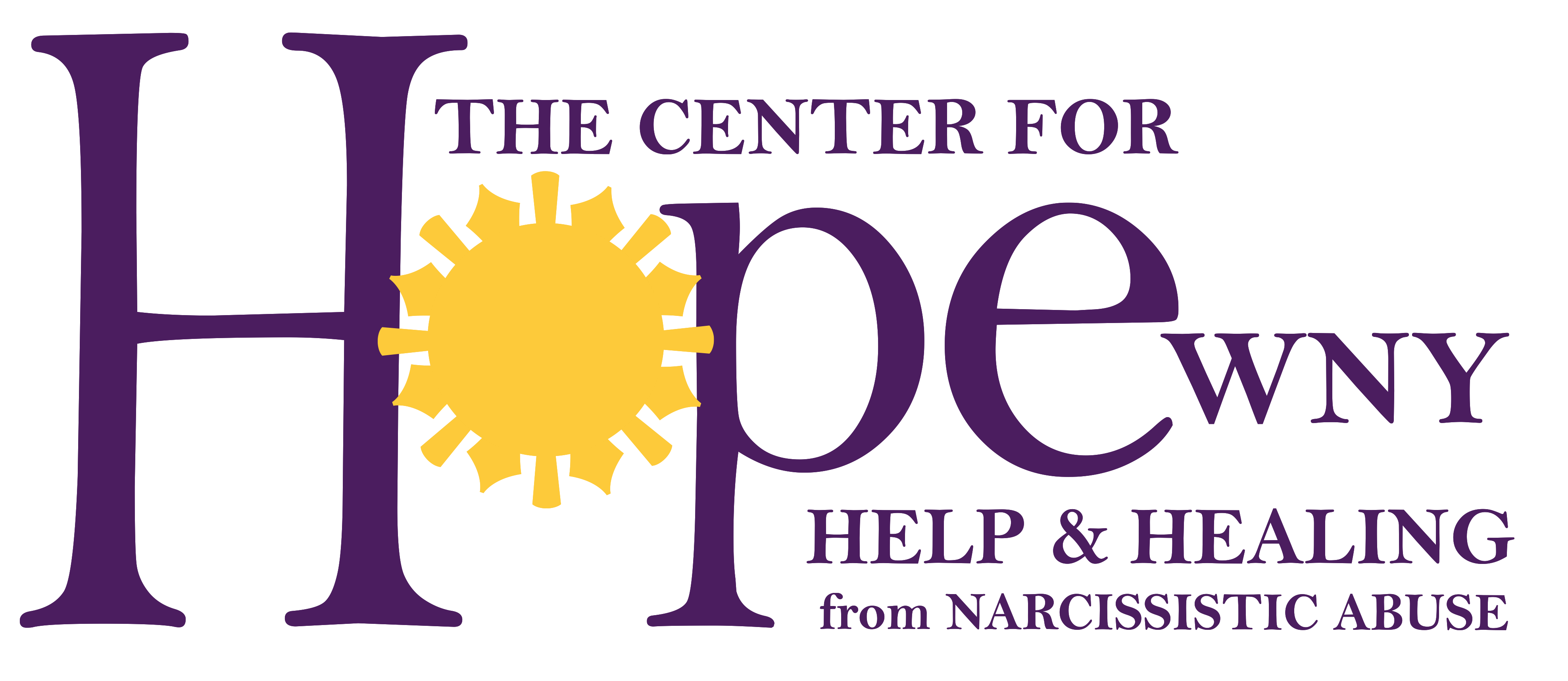One of the things I have learned over my years of working with victims of domestic violence, as well as the stories I have been privileged to learn from friends and clients, is that too many women don’t know when they are in an abusive relationship.
There are many reasons for this I believe. First and foremost, I believe women are socialized from a very young age in our society to place the needs of others before themselves. When this lesson takes root in our hearts and remains unchecked, and we never learn how to set boundariesBoundaries are an imaginary line that separates me from you. They separate your physical space, your More and express and assert our own needs in the context of a relationship, we may find ourselves exploited by people who are hard wired to take advantage of this quality. The clinical term for our need to place others ahead of ourselves regardless of whether that person demonstrates genuine care or concern for our emotional health or well being is “co- dependency.” Co-dependencyCo-Dependency is an emotional and behavioral condition that affects an individual’s ability to have a healthy, More is really just an inability to set healthy boundariesBoundaries are an imaginary line that separates me from you. They separate your physical space, your More with people who are hurting us, in addition to making excuses for and enabling their bad behavior.
Co-dependent people tend to attract emotionally abusive partners. And most times we do not recognize the relationship as abusive, because we were raised by people who also exploited us emotionally, and we confuse “abuse” with “love”. This is a very real phenomenon. If as children our caretakers were unable to meet our basic emotional needs because of their own mental health issues, alcoholism or substance abuse, a personality disorder, or if we were victims of sexual or physical abuse by a trusted parent or other primary caretaker, we grow into adults who are unable to recognize dangerous and abusive partners because it is that very danger that is familiar to us. Instead of running away from abusive people we actually gravitate toward them and them toward us, unconsciously, like two very dysfunctional but familiar magnets.
Intimate partner abuse is anything that causes you to question your self worth. It can be painful and hurtful words, or unprovoked and inexplicable rages. It can be when someone uses the silent treatmentSilent Treatment The silent treatment is a form of emotional abuse typically employed by people with narcissistic tendencies. It More and ices you out for days or weeks as punishment for some perceived wrong. It can be that feeling you have which is like “walking on eggshells” because you are afraid to say or do the wrong thing that will set them off. It is when they isolate you from your friends and support system. It can be how they control the finances, or where you can go, what you can wear or who you can talk to. And of course abuse is physical or sexual violence in any form, even if they never lay a hand on you. Most times the abuser will confuse you by emotional manipulationEmotional Manipulation is an emotionally unhealthy psychological strategy used by people who are incapable of asking for what More, trying to convince you that these terrible things they do and say are “for your own good” or “because they love you.” The most dangerous and insidious things about emotional abuseEmotional Abuse is an attempt to control, in just the same way that physical abuse is More is that the psychological damage is invisible to everyone on the outside, and so very difficult to explain to those who have never experienced it.
I want to use this space to explore how abusive relationships form, how the cycle of abuseCycle of Abuse The primary model that has been offered for how narcissists abuse their partners More keeps victims trapped, and ultimately how you can find the strength to break free and reclaim your life. Thank you for coming on this journey with me, and please feel free to send me your questions and or comments to hope@hopejaylaw.com.




